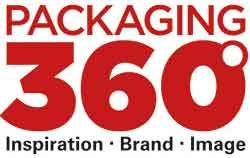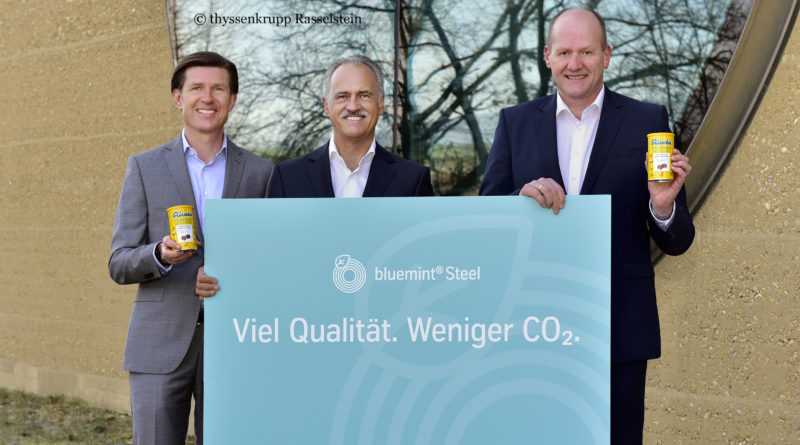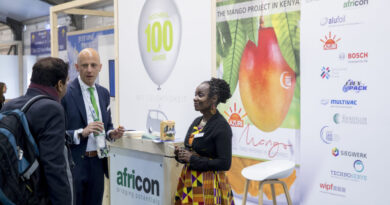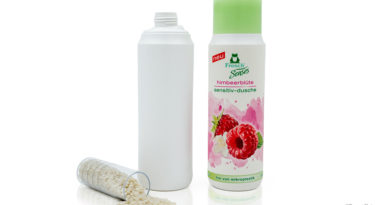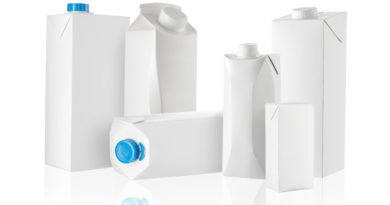Ricola Candies in Sustainable Cans
German tinplate manufacturer Thyssenkrupp Rasselstein is joining forces with Swiss companies Hoffmann Neopac and Ricola to launch the world’s first food can made from CO2-reduced packaging steel in March.
The three companies Ricola, Hoffmann Neopac, and Thyssenkrupp Rasselstein have joined forces to launch the first food can made from CO2-reduced packaging steel, making the packaging even more sustainable. So far, the food can made of packaging steel has already scored with a recyclability of almost 100 percent and closed recycling loops, but now a novel manufacturing process will save a significant amount of CO2, according to a statement.
In the joint project, Thyssenkrupp Rasselstein is supplying the CO2-reduced packaging steel, Hoffmann Neopac is producing and printing the cans using solar power, and candy manufacturer Ricola is relying on energy from renewable sources for the production and filling of its herbal candies.
„By using our new bluemint steel, CO2 emissions during the production of the tin can be significantly reduced,“ explains Dr. Peter Biele, CEO of Thyssenkrupp Rasselstein. „This makes our product even more sustainable.“ The German tinplate manufacturer produced tinplate from bluemint steel for the first time. In this process, so-called HBI was used in the steel production process, i.e., already reduced sponge iron. This reduces the use of coal for the reduction process in the blast furnace. The result is a reduction in CO2 emissions. „This project is an important step towards achieving our climate targets,“ said Biele. Thyssenkrupp Steel Europe has pledged to be completely climate neutral by 2045.
Another step towards sustainability
„Sustainability is at the heart of everything we do. We produce our cans in Switzerland with 100 percent electricity from renewable sources while we work on our own decarbonization program,“ adds Mark Aegler, CEO of Hoffmann Neopac. This also saves CO2 in the production of the cans.
„It was important for us to make the packaging of our herbal candies more sustainable. That’s why we are the first company in our market to use CO2-reduced food cans,“ says Dr. Martin Messerli, Chief Operating Officer at Ricola.
Sustainable thinking and action have formed an important decision-making basis for Ricola’s corporate management for decades. Since 2016, the Swiss herbal candy manufacturer has been using electricity from hydropower for production. From the Ricola Group’s perspective, the next logical step was to optimize the supply chain and the packaging of its herbal candies. „By switching to a CO2-reduced tin for our herb candy specialties, Ricola is also responding to the increased demand from consumers, who are paying more attention to the carbon footprint when making their purchases,“ says Messerli.
The first herb candies in the CO2-reduced tin will leave the factory in Laufen at the beginning of March and will be available in stores from April/May.
